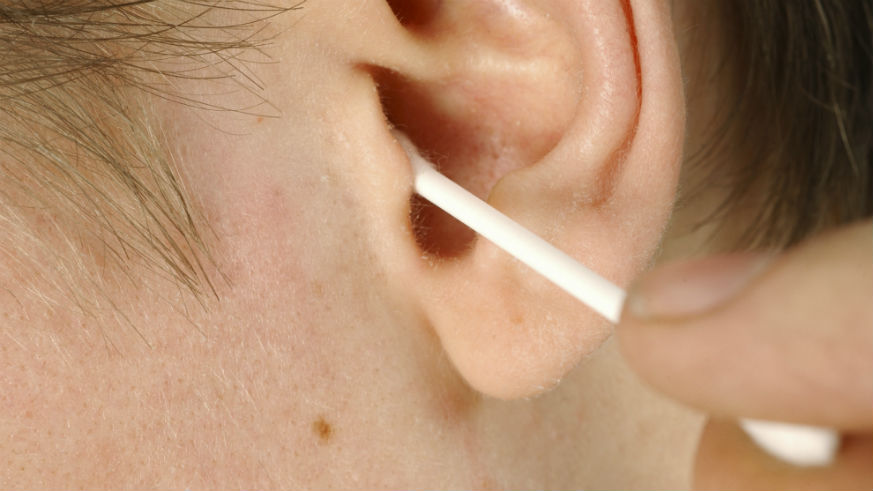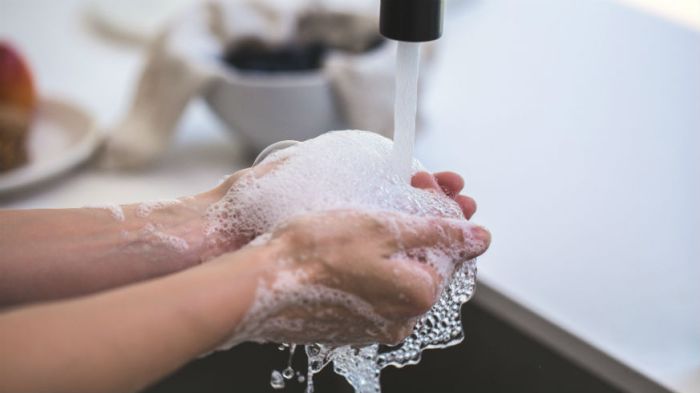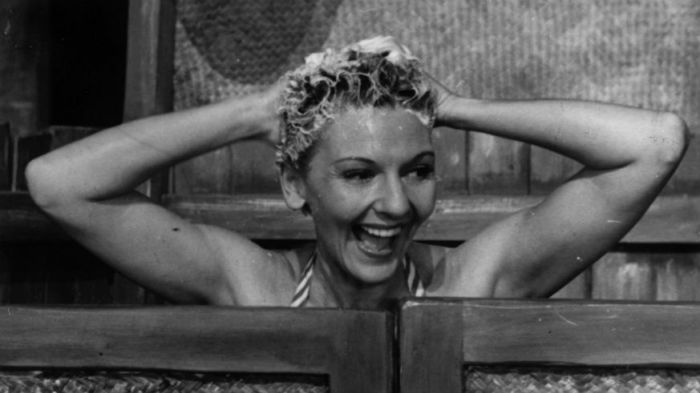Those little cotton swabs that litter many of our bathrooms seem like the perfect shape for cleaning our ears, but they’re actually a pretty dangerous way to clean out the gunk and grime.
Researchers in Israel found that cotton swabs account for 40 percent of ruptured eardrum cases, according to a new study published in The Journal of Emergency Medicine. For the study, researchers from Tel Aviv University looked at medical records from 80 patients — 20 children, 60 adults — with perforated eardrums. Of the 40 percent of injuries caused by cotton swabs, five percent were serious enough to require surgery.
Ouch.
Those statistics might seem awful (and they are), but those swabs aren’t responsible for the majority of eardrum injuries. That distinction, according to the researchers, goes to blunt force trauma from things like a blow to the head or being hit by a big ocean wave. This trauma doesn’t cause direct injuries, but they do cause an extreme amount of pressure on one side of the ear canal. The ears work to level this pressure, causing severe eardrum pops and perforation.
How to clean your ears without Q-tips
Even the company known for cotton swabs — the Q-tips Company — is careful not to mention ears when talking about the product. The brand includes its story on its website, but only says that the founder Leo Gerstenzang created them after “observing his wife applying wads of cotton to toothpicks.”
The best way to clean your ear, according to one ear doctor, is by using a mixture of oil and hydrogen peroxide. Dale Tylor, MD, a pediatric and general otolaryngologist at Washington Township Medical Foundation in Fremont, California, told Greatist that the best way to clean your ears is by putting three drops of olive, mineral or baby oil in your ears at night, followed by a cotton ball (to keep the oil in your ears). The next morning, rub some hydrogen peroxide in your ears; it’ll bubble up and take the ear wax with it.
Still feel full of wax? It’s not a bad thing because it’s there to protect our ears and our hearing.
"[Earwax] is not intrinsically evil stuff, and consequently does not have to be removed merely because it's present," Peter Roland, an ear, nose and throat doctor at the University of Texas Southwestern Medical Center at Dallas, told LiveScience. "In fact, it serves a function and so if you don't need to take it out, you should just leave it alone.”
Go to the doctor if you think you have impacted earwax because that can be a problem, but don’t be embarrassed.
"I get a lot of people in here who are horrified when I see a little wax in their ear, and then they start apologizing for being dirty and they're just very upset it's present at all," Roland told LiveScience. "And I think the big message there is that it has a physiological function, and unless there's a reason to remove it, you should just leave it alone. It's OK."























